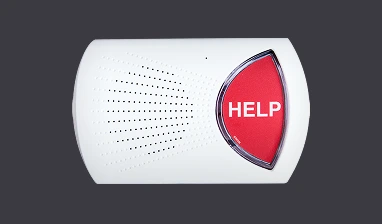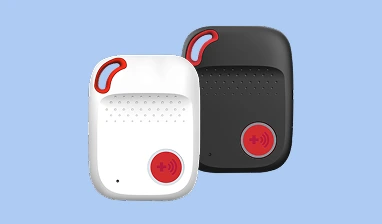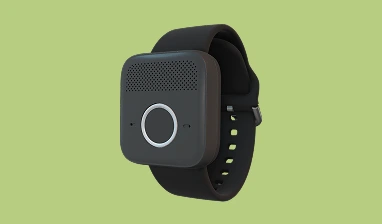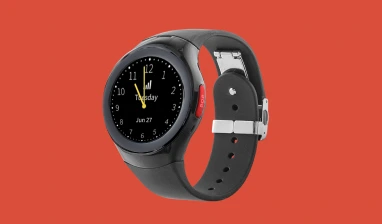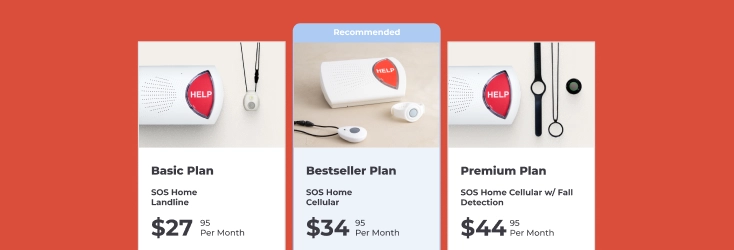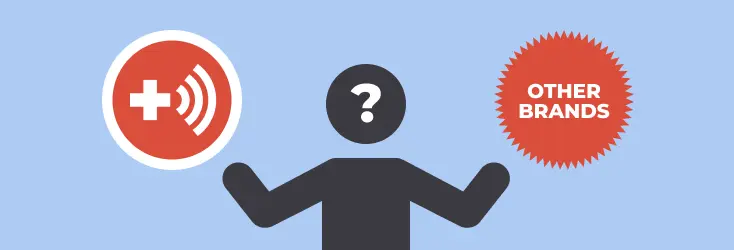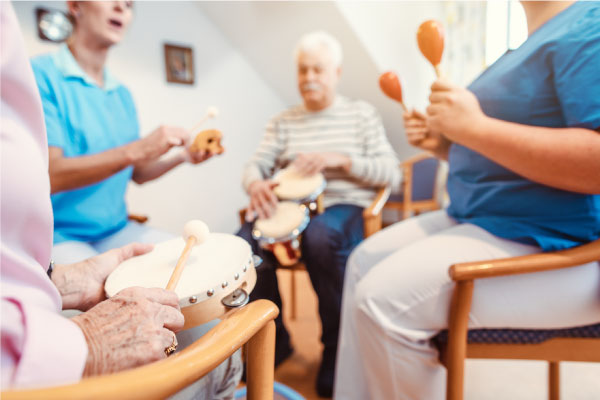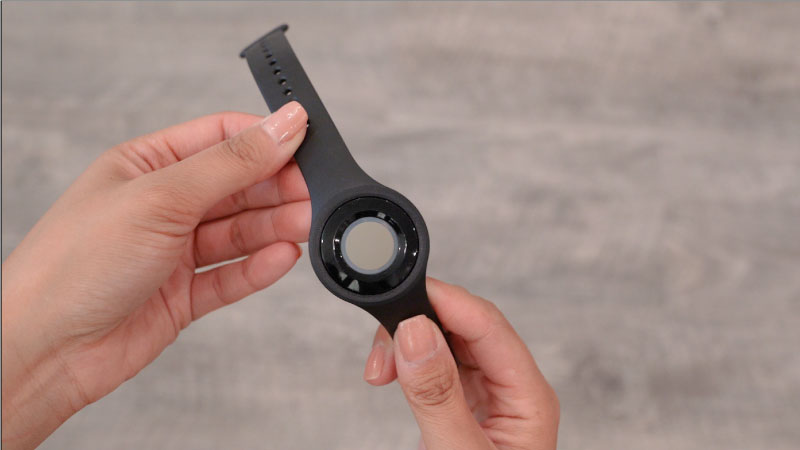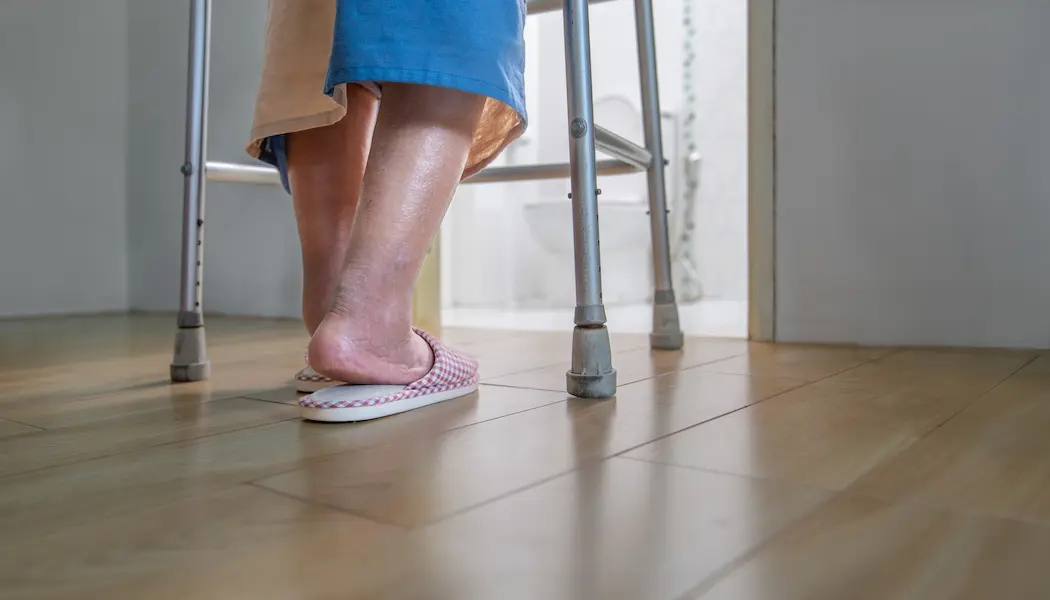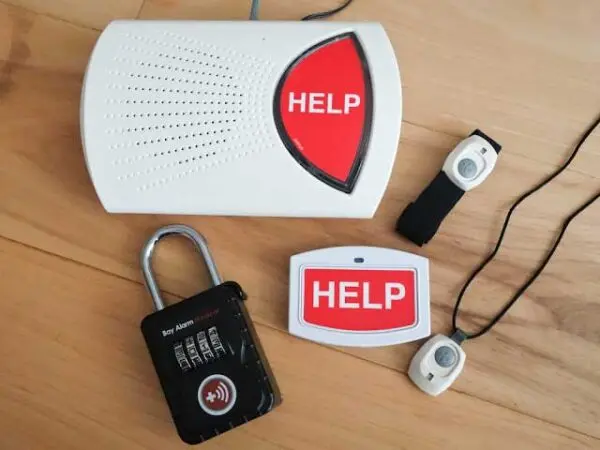“Music replays the past memories, awakens our forgotten worlds, and makes our minds travel.” Nigerian author and poet, Michael Bassey Johnson, often uses metaphorical imagery in his work, but this quote almost exactly describes how music affects many people – particularly those with cognitive decline or memory loss.
Although there are treatments available, there’s no cure (yet) for neurological degenerative diseases like Parkinson’s, Alzheimer’s, and similar conditions. However, numerous studies have found that music may help protect the brain from decline and improve memory and quality of life of those already diagnosed.
The Hippocampus and Memory Production/Retention

The hippocampus is an area of the brain that produces and retrieves memories and helps us regulate emotions. This important region is one of the first areas affected by dementia, leading to memory loss, confusion, and erratic behavior.
Memory problems occur because of how the brain stores memories. It’s not a perfect filing system: memories consist of packets of chemicals that involve all the senses – taste, touch, smell, feel, and hearing. These are stored in different areas of the brain. The hippocampus connects the different pieces of a memory and gets the neurons firing together so we can retrieve it. That’s called “neural synchronization.”
When disease or brain injury weakens the hippocampus, it has trouble synchronizing the neurons. That makes memory formation and recall harder.
Music Can Bring Memories Back to Life
Music therapy can be helpful because the brain region most affected by music is the prefrontal cortex. It’s also one of the last regions to be damaged by Alzheimer’s and similar degenerative diseases. Music can help patients stay calm and even recover lost memories – at least temporarily. There’s also evidence that music can help the hippocampus create new neurons and improve memory.
Research has found that music “activates broad neural networks in the brain, including brain regions responsible for motor actions, emotions, and creativity.” A 2009 study that mapped the brain while people listened to music “found specific brain regions linked to autobiographical memories and emotions are activated by familiar music.”
Music therapy is best at helping patients retrieve important memories from long ago: a first date, a wedding dance, a “break-up” song, etc. Therefore, it’s important to choose music from the patient’s youth and favorite genre. Patients with severe dementia often respond best to music from their early childhood.
This short video clip illustrates the remarkable change in one dementia patient’s demeanor and mood after he listens to favorite songs from his youth.
Music Therapy and Movement
Parkinson’s disease is a progressive neurological disorder that affects movement. People may experience tremors, impaired movement and balance, rigid muscles, and speech and writing difficulties. The Parkinson’s Foundation recommends that people with the disease talk with a music therapist about techniques to help maintain function and improve quality of life.
Music therapy can help Parkinson’s patients with balance, communication, cognition, and social isolation. The rhythmic aspects of music therapy are particularly important because it helps patients focus and coordinate their movements.
Dance can be a particularly effective therapy for Parkinson’s patients as well:
“More than a dozen studies have shown that twice-weekly dance classes improve balance, motor skills, freedom of movement and endurance. One study, published in 2011 in Frontiers in Aging Neuroscience, found that even after a single class, patients were able to move their limbs more easily, tap their fingers and change their facial expressions.”
Use Music to Protect/Improve Your Brain Health
Many neuroscientists believe that playing an instrument is one of the best ways to keep the brain healthy. It can improve sleep quality, reduce stress, stimulate creativity, and sharpen memory. Making your own music is particularly helpful, according to a 2017 article in Penn Medicine News:
“Playing the violin – which, like many instruments, requires the right hand to do something different than the left– uses the peripheral nervous system, which controls movement of your fingers, as well as gross and fine motor skills. The brain’s executive function – which plans and makes decisions – comes into play as a musician plays one part but keeps focus on what’s coming next. Couple that with the total sensory input – visual, auditory, emotional and all at the same time – and it becomes a total “workout” for the brain.”
If you don’t have the time, money, or inclination to purchase an instrument and take lessons, just listening to music also has benefits.
- Listen to nature: The natural world makes its own music. Natural sounds like the ocean, wind through the trees, forest sounds, rainfall, etc. can help enhance cognitive function and concentration.
- Embrace the new: Most people prefer to listen to the same types of music we enjoyed in our teens and twenties. But researchers encourage us to try new music and experiment with different genres and cultures. That challenges the brain to understand new rhythms and sounds.
- Find the right beat: Music with 50 to 80 beats per minute can help stimulate creativity and learning. It helps us enter a mental state associated with memory, learning, and imagination.
- Play music during workouts: Calming music can help you relax and focus during low impact exercises like yoga and tai chi. Upbeat music with a faster beat can motivate you to exercise at a higher intensity so you get a better aerobic workout.
Bay Alarm Medical is an industry-leading supplier of wearable medical alert systems. We offer a variety of styles and options that you can customize to meet your lifestyle and medical needs. There are no contracts or hidden fees, and you can try your system risk-free for 30 days. Contact us at 1-877-522-9633 to learn more.
